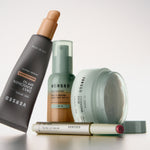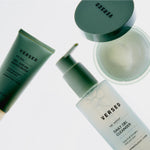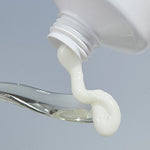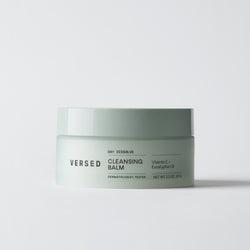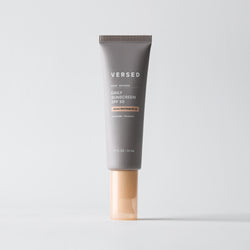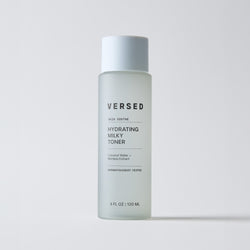-
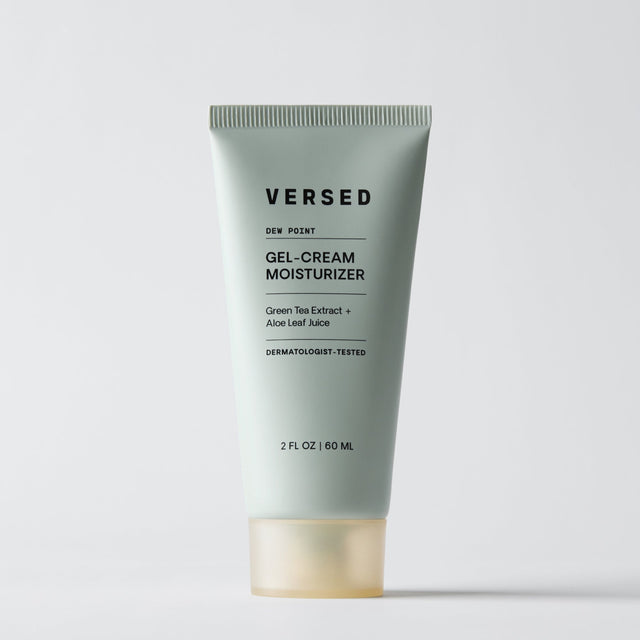
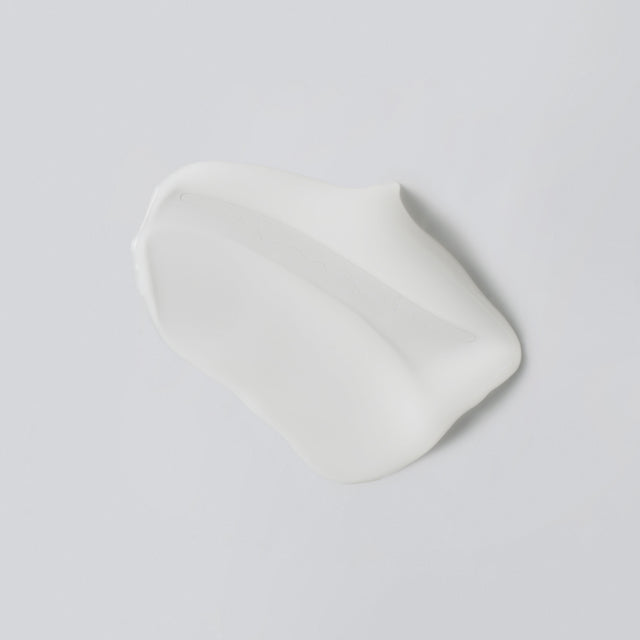 PopularDew Point Gel-Cream Moisturizer
PopularDew Point Gel-Cream Moisturizer- Regular price
- $14.99
- Sale price
- $14.99
- Regular price
-
- Unit price
- per
 Dew Point Gel-Cream Moisturizer
Dew Point Gel-Cream Moisturizer- Regular price
- $14.99
- Sale price
- $14.99
- Regular price
-
- Unit price
- per
-
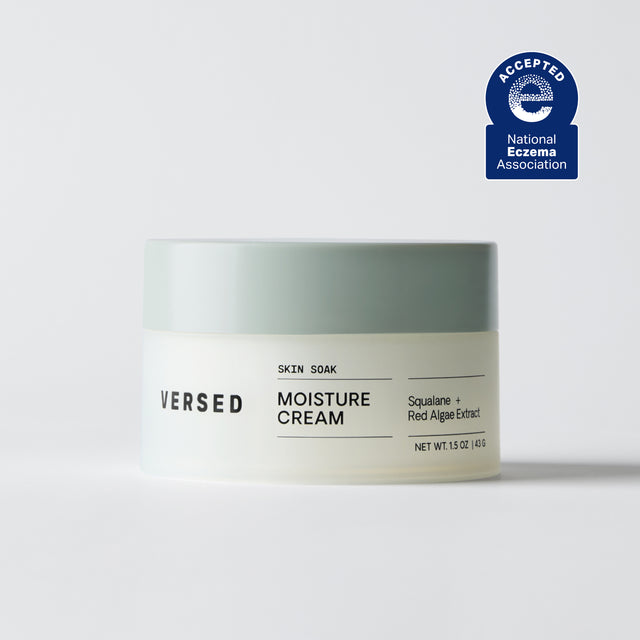
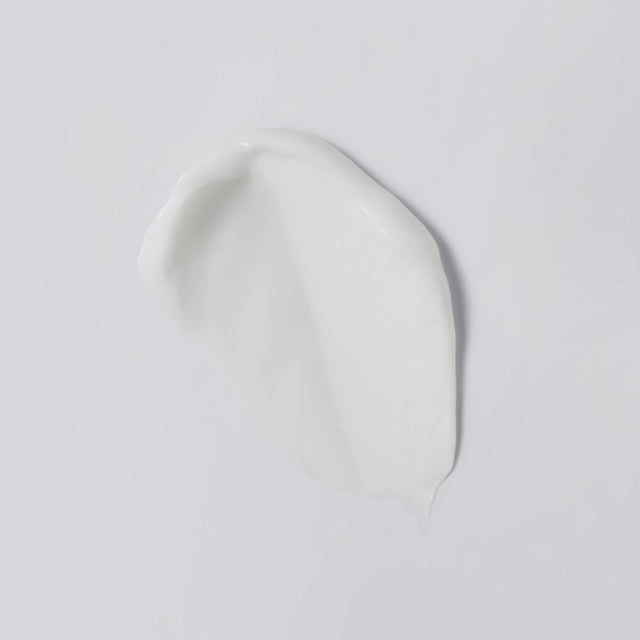 PopularSkin Soak Moisture Cream
PopularSkin Soak Moisture Cream- Regular price
- $14.99
- Sale price
- $14.99
- Regular price
-
- Unit price
- per
 Skin Soak Moisture Cream
Skin Soak Moisture Cream- Regular price
- $14.99
- Sale price
- $14.99
- Regular price
-
- Unit price
- per
-
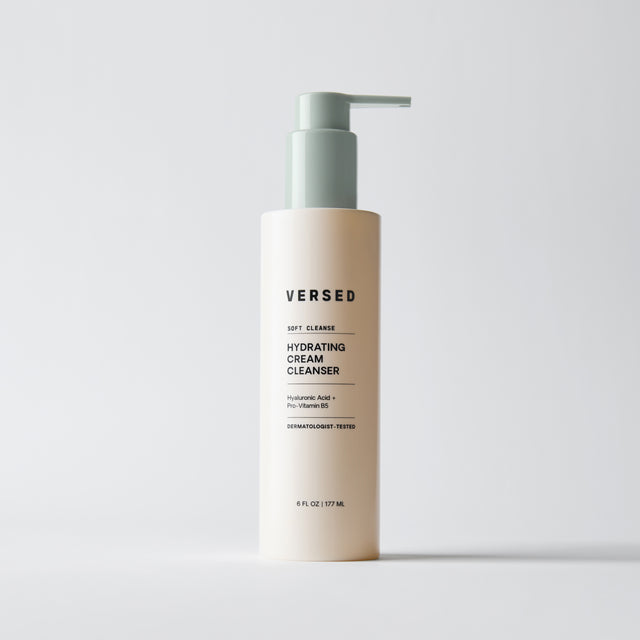
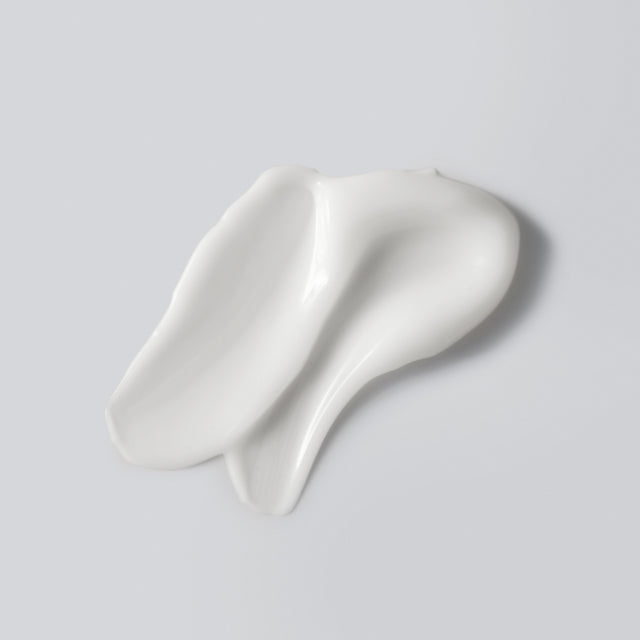 Soft Cleanse Hydrating Cream Cleanser
Soft Cleanse Hydrating Cream Cleanser- Regular price
- $12.99
- Sale price
- $12.99
- Regular price
-
- Unit price
- per
 Soft Cleanse Hydrating Cream Cleanser
Soft Cleanse Hydrating Cream Cleanser- Regular price
- $12.99
- Sale price
- $12.99
- Regular price
-
- Unit price
- per
-
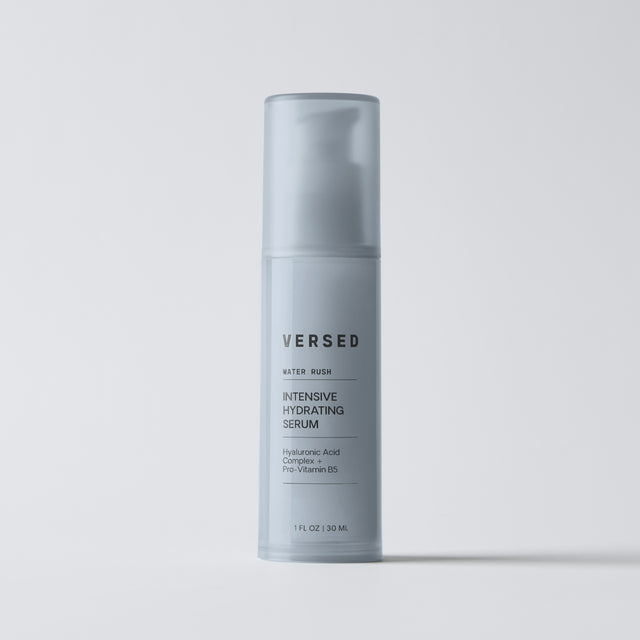
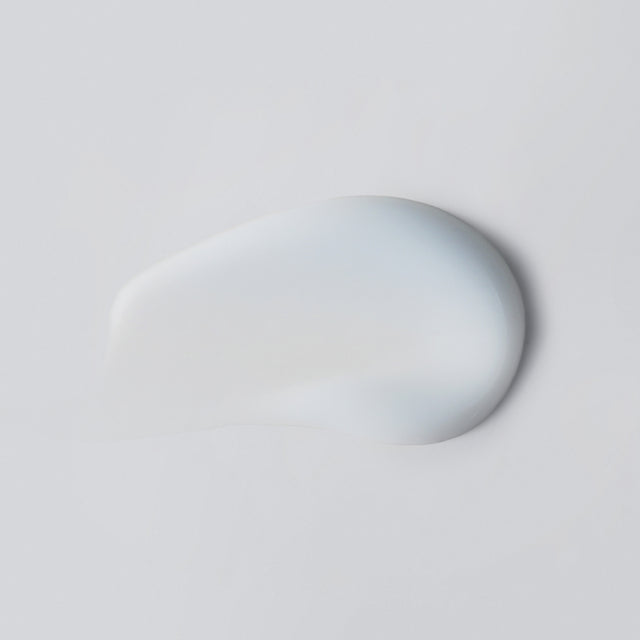 PopularWater Rush Intensive Hydrating Serum
PopularWater Rush Intensive Hydrating Serum- Regular price
- $14.99
- Sale price
- $14.99
- Regular price
-
- Unit price
- per
 Water Rush Intensive Hydrating Serum
Water Rush Intensive Hydrating Serum- Regular price
- $14.99
- Sale price
- $14.99
- Regular price
-
- Unit price
- per
-
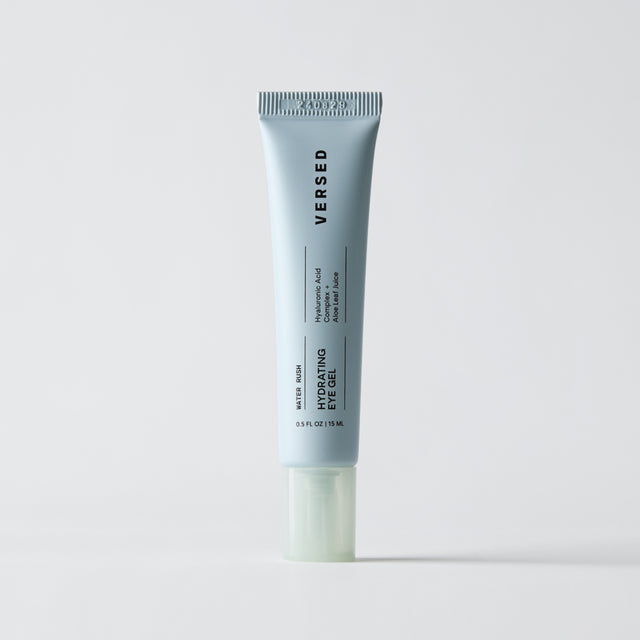
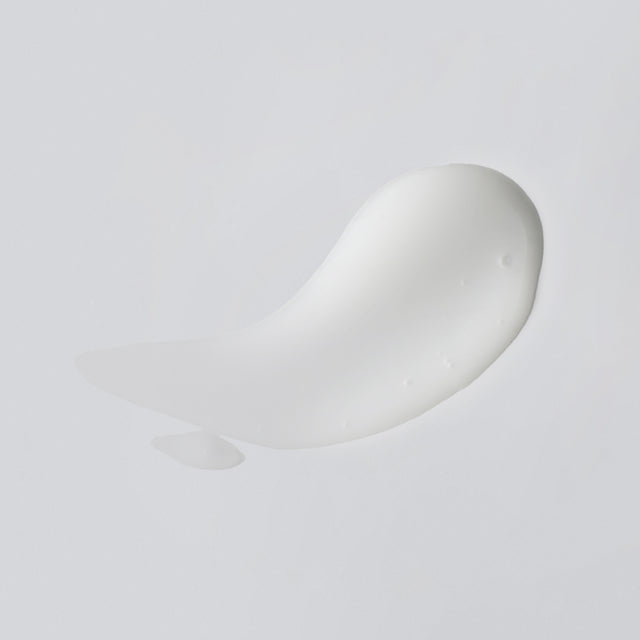 Water Rush Hydrating Eye Gel
Water Rush Hydrating Eye Gel- Regular price
- $12.99
- Sale price
- $12.99
- Regular price
-
- Unit price
- per
 Water Rush Hydrating Eye Gel
Water Rush Hydrating Eye Gel- Regular price
- $12.99
- Sale price
- $12.99
- Regular price
-
- Unit price
- per
-
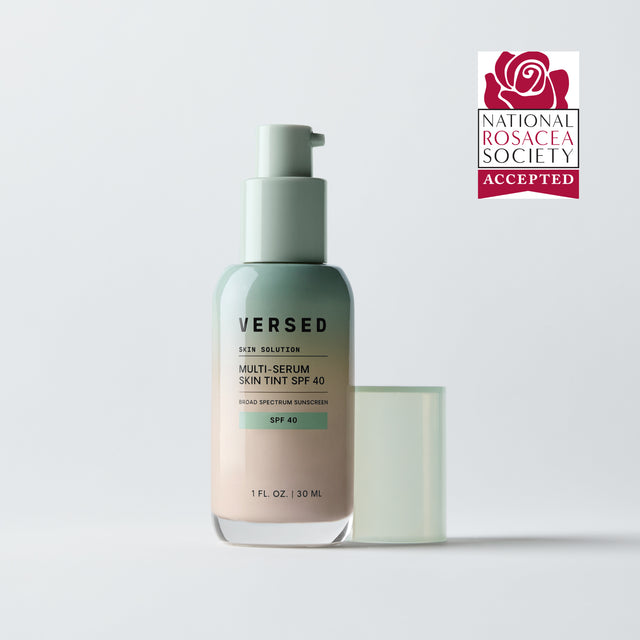














 PopularSkin Solution Multi-Serum Skin Tint SPF 40
PopularSkin Solution Multi-Serum Skin Tint SPF 40- Regular price
- $19.99
- Sale price
- $19.99
- Regular price
-
- Unit price
- per
 Skin Solution Multi-Serum Skin Tint SPF 40
Skin Solution Multi-Serum Skin Tint SPF 40- Regular price
- $19.99
- Sale price
- $19.99
- Regular price
-
- Unit price
- per
